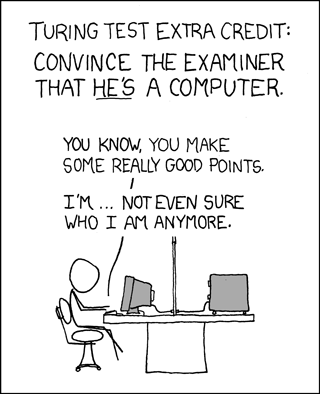The plot is straightforward enough, although demonstrates more ambition than most comedies set in high-schools. Olive (Emma Stone) is a slightly nerdy, but otherwise "normal", teenage girl. After spending a weekend bemoaning how she never gets any dates, she finds herself lying to her best friend Rhiannon (Alyson Michalka) about losing her virginity. This fib is overheard by the school's ultra-conservative Christian, Marianne (Amanda Bynes). Soon, the whole school is abuzz about Olive's sexual tryst. The fact that it never happened does not matter, Olive is soon perceived to be the new school slut by the entire student population.
Matters are further complicated when Olive shows sympathy to the schools lone openly gay student, Brandon (Dan Byrd). He manages to convince her to fake having sex with him to help prevent him from being bullied, a situation exacerbated by the homophobic school principal and apparently unsupportive parents. From there, Olive finds herself "helping" other male students be perceived as more manly by agreeing to also appear to have sex with them in exchange for gift certificates and other favors.
Throughout all of this, the movie manages to analyze some deeper thematic material, such as how guys generally can have their reputations enhanced by having sex (as long as it's with a female) while girls engaging in the same behavior end being referred to as sluts or worse. Also at play is how the gossip mill works. The stories that end up being told about Olive never happened, but that doesn't matter as far as the student population is concerned, and is of even less concern to the guys that Olive helps out.
As I mentioned at the beginning, Easy A has several obvious flaws. Some are minor, such as the movie's slightly too self-aware tone and that Olive's parents, in spite of some nice performances by Stanley Tucci and Patricia Clarkson, never feel like real people. The most egregious sin though, is the clichéd portrayal of the schools Christian group, and particularly Amanda Bynes deeply religious character. The film is constantly taking cheap shots at Christians and unfortunately resorts to some of the worse Christian stereotypes to do so.
Arguably though, the only reason more than a few supporting players and sub-plots come across as a little flat is because of how great most of the other elements in the film are done. Whilst Easy A may not earn the grade the title tries to suggest it deserves, this is the most fun one can have watching a B+ flick.












